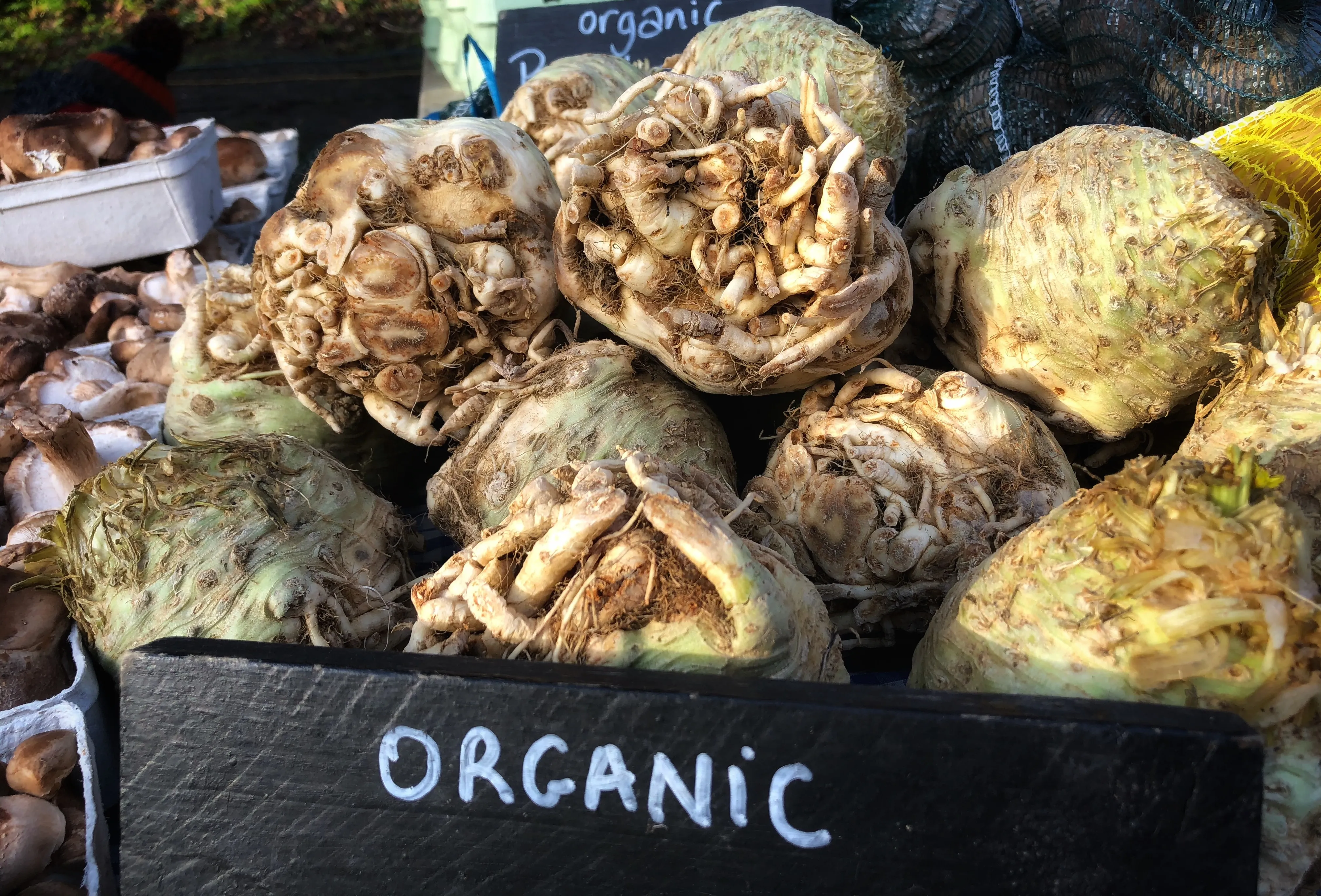Debunking Common Myths About Organic Agriculture
"Uncover the truth in 'Debunking Common Myths About Organic Agriculture,' a revealing blog post by Vriksha Farms. Ideal for those exploring organic farming on agriculture land near Bangalore, this guide dispels widespread misconceptions and enlightens readers about the realities of organic cultivation in Karnataka. Gain a clear understanding of what organic farming truly involves and how it benefits both the environment and your health, enabling informed decisions for your sustainable farming journey."

Introduction:
In the realm of agriculture, the concept of organic farming has garnered both acclaim and scrutiny. It's not uncommon for misconceptions to arise, often clouding the true essence and benefits of this sustainable farming method. As we venture into debunking these common myths about organic agriculture, we'll shed light on the realities that surround it. This is especially relevant in the context of agriculture land for sale in Kanakapura Road, Bangalore, Karnataka, and its adjacent areas.
Myth 1: Organic Farming Lacks Efficiency and Productivity
One prevailing myth is that organic farming is inherently less productive than conventional methods. Contrary to this belief, numerous studies have demonstrated that with proper practices and soil management, organic farms can yield comparable, if not higher, levels of produce. Additionally, organic methods foster long-term soil health, ensuring sustainable productivity over time.
Myth 2: Organic Food Is Too Expensive
Another common misconception is that organic produce comes with an exorbitant price tag. While it's true that organic items may be priced slightly higher due to factors like certification and limited synthetic inputs, the long-term benefits far outweigh the costs. Investing in organic agriculture supports sustainable practices that contribute to a healthier environment and, subsequently, a healthier you.
Myth 3: Organic Farms Are Small-Scale and Inefficient
Organic farms are often associated with small-scale operations. While it's true that many organic farms are smaller in size, this does not equate to inefficiency. Organic farming places emphasis on biodiversity, crop rotation, and soil health, all of which contribute to efficient and sustainable agricultural practices.
Myth 4: Organic Farming Relies Solely on "Natural" Pest Control
Organic farming does prioritize natural pest control methods, but it's not about leaving crops entirely to the mercy of nature. It involves a strategic approach that incorporates a combination of techniques, such as crop rotation, companion planting, and the introduction of beneficial insects. These practices collectively create a balanced and healthy ecosystem within the farm.
Myth 5: Organic Farming Is Not Viable for Large-Scale Agriculture
Some skeptics argue that organic methods are not feasible for large-scale agricultural production. However, numerous successful examples around the world disprove this notion. Large-scale organic farms employ innovative techniques and technologies to maintain sustainable practices while meeting the demands of a broader consumer base.
Conclusion: Unearthing the Truths of Organic Agriculture
Debunking these myths is crucial in understanding the true potential and benefits of organic agriculture. It's a sustainable approach that not only supports a healthier environment but also yields high-quality, nutrient-dense produce. By dispelling these misconceptions, we pave the way for a more informed and conscious approach to farming.
Get Started Today:
Explore our meticulously planned managed farmland plots in Kanakapura Road, Bangalore, and Karnataka. Join us in the movement towards responsible agroforestry and secure a future that harmonizes prosperity with environmental stewardship. Contact us for more information or to schedule a visit.
